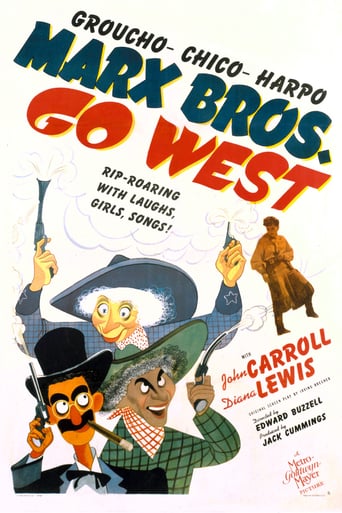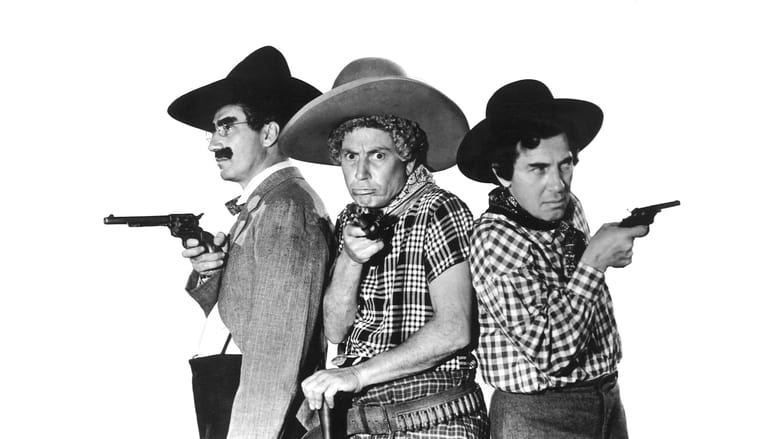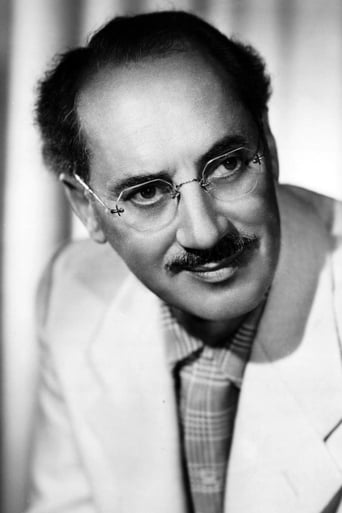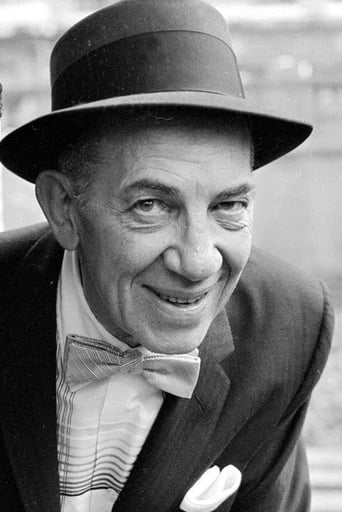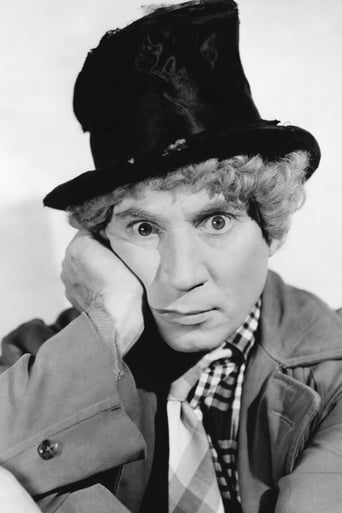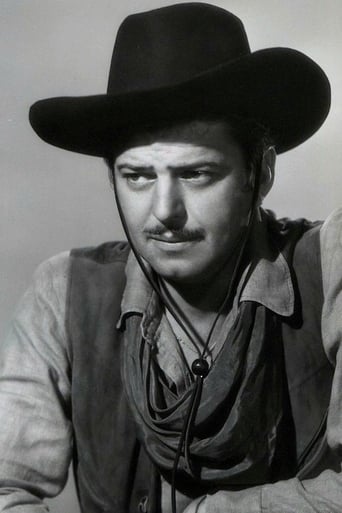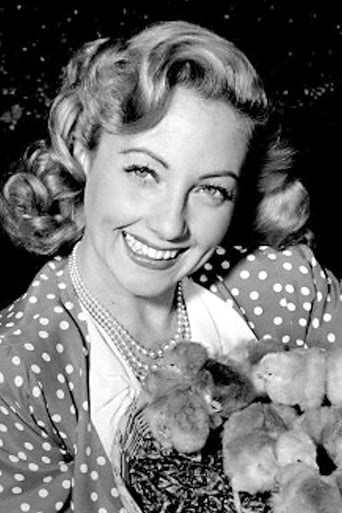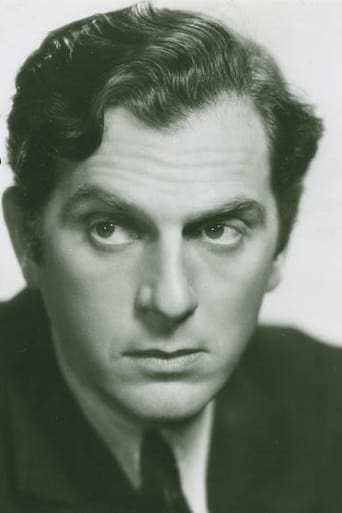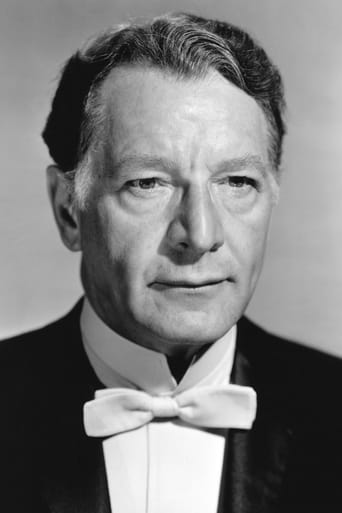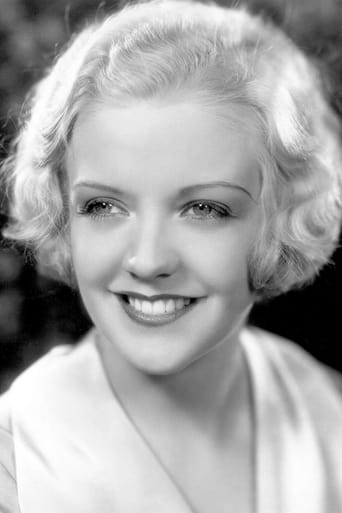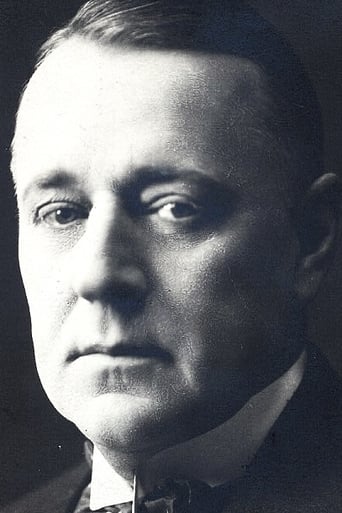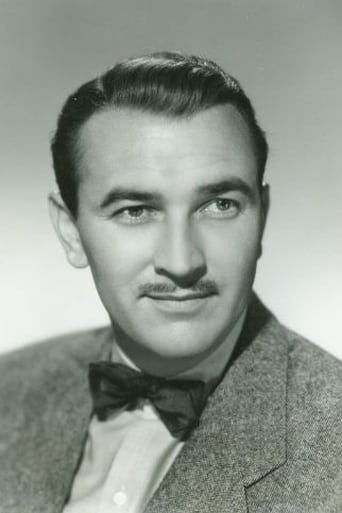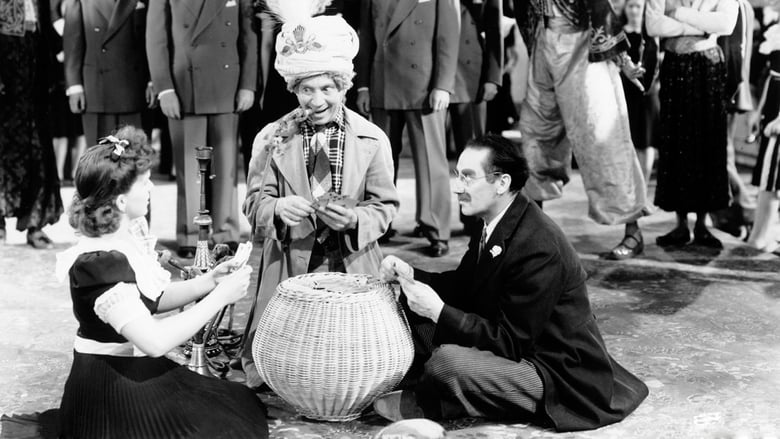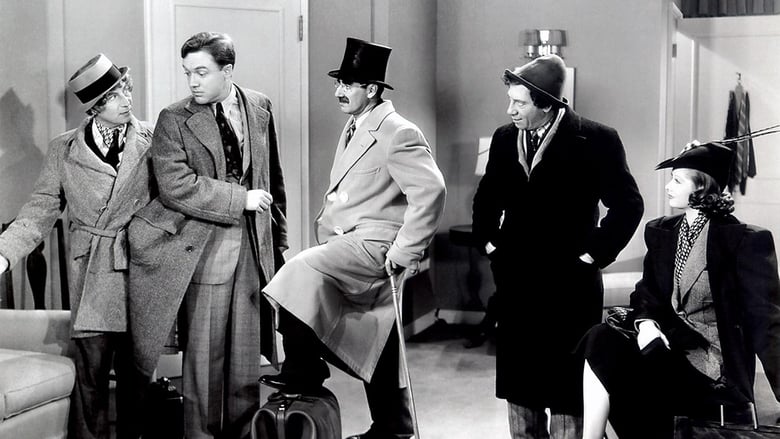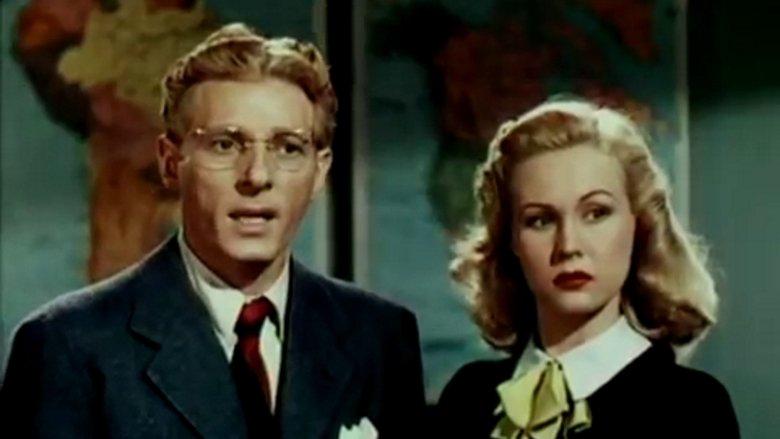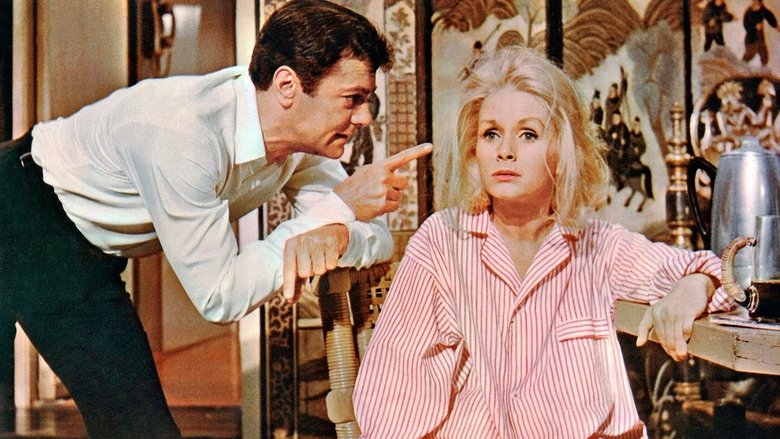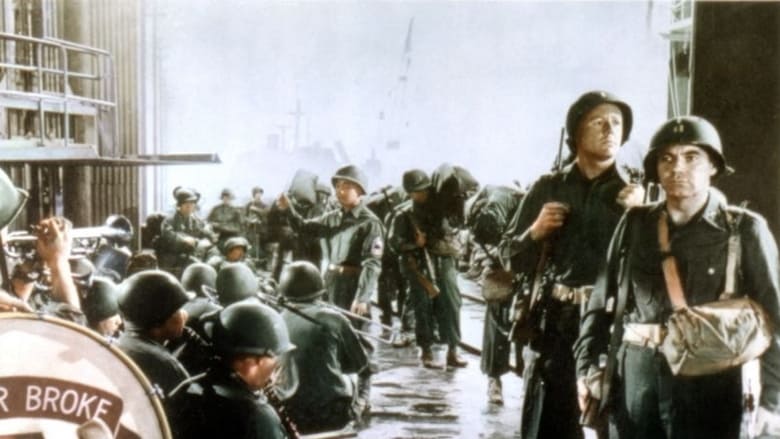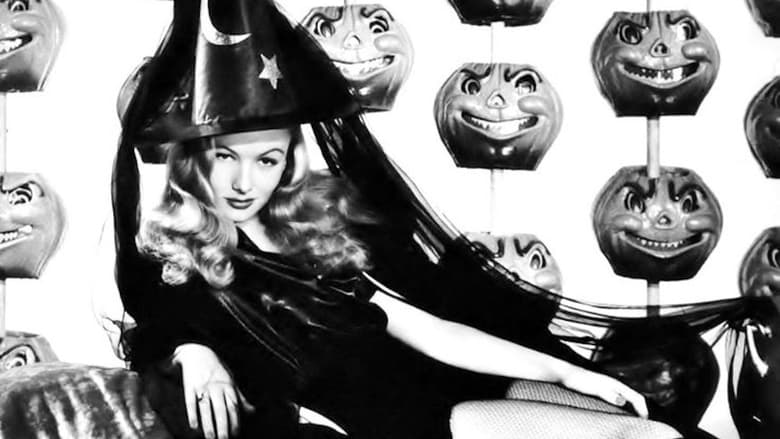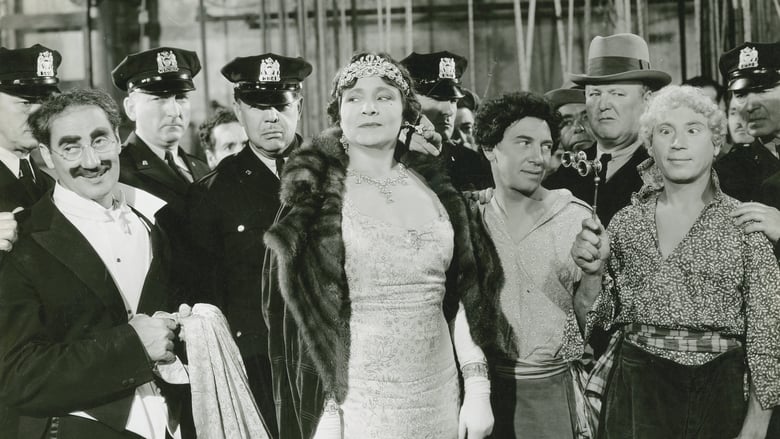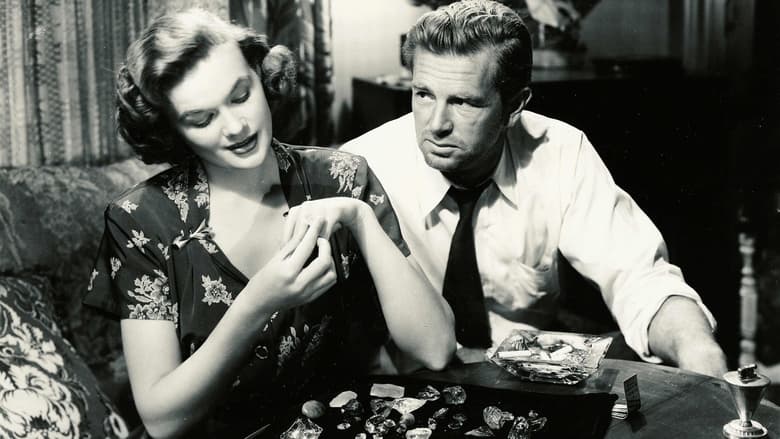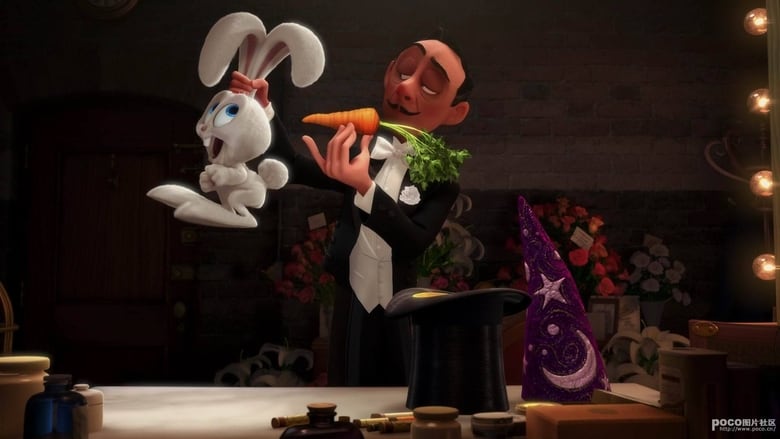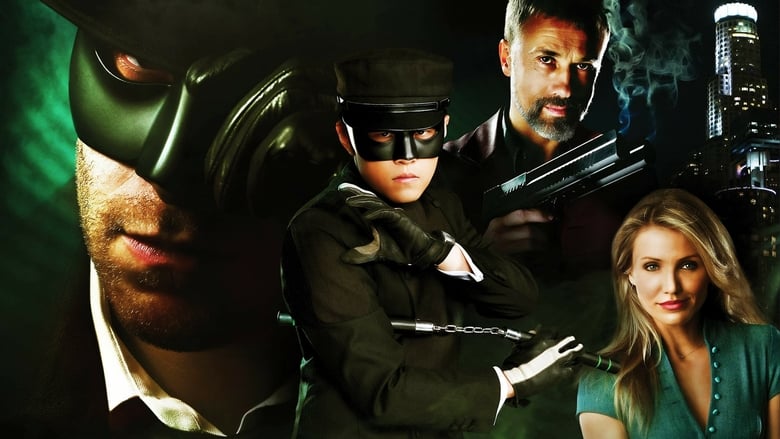Embezzler, shill, all around confidence man S. Quentin Quale is heading west to find his fortune; he meets the crafty but simple brothers Joseph and Rusty Panello in a train station, where they steal all his money. They're heading west, too, because they've heard you can just pick the gold off the ground. Once there, they befriend an old miner named Dan Wilson whose property, Dead Man's Gulch, has no gold. They loan him their last ten dollars so he can go start life anew, and for collateral, he gives them the deed to the Gulch. Unbeknownst to Wilson, the son of his longtime rival, Terry Turner (who's also in love with his daughter, Eva), has contacted the railroad to arrange for them to build through the land, making the old man rich and hopefully resolving the feud. But the evil Red Baxter, owner of a saloon, tricks the boys out of the deed, and it's up to them - as well as Quale, who naturally finds his way out west anyway - to save the day.


Similar titles
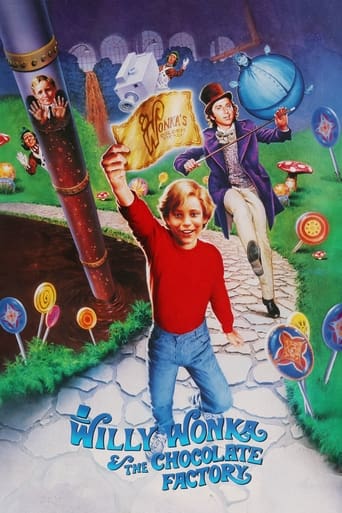

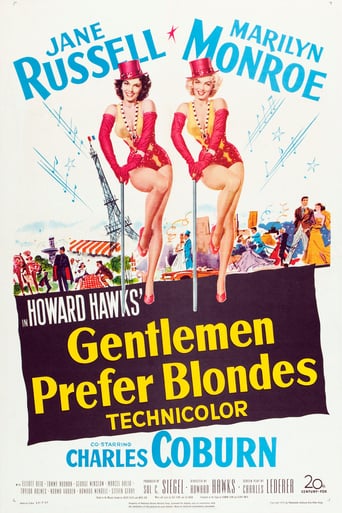
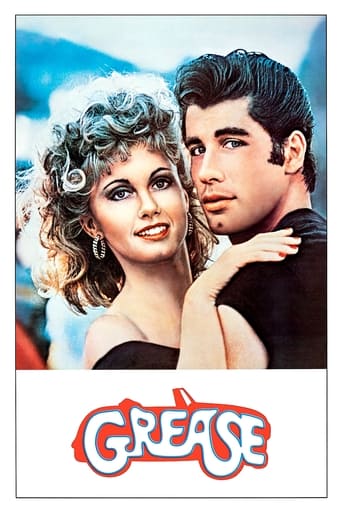
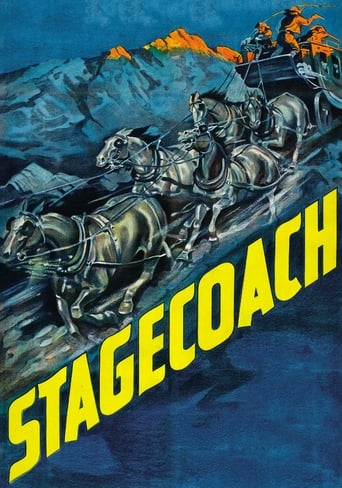
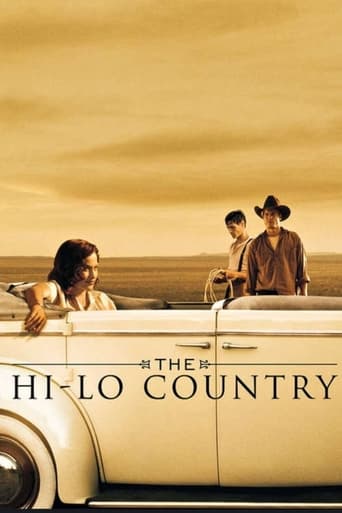
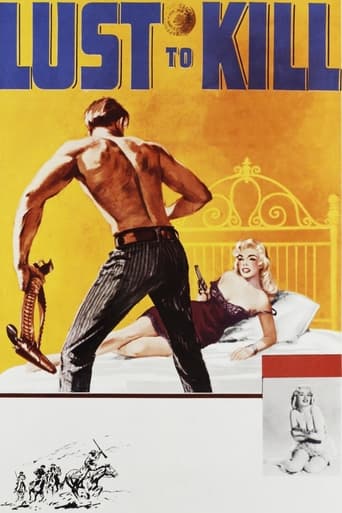
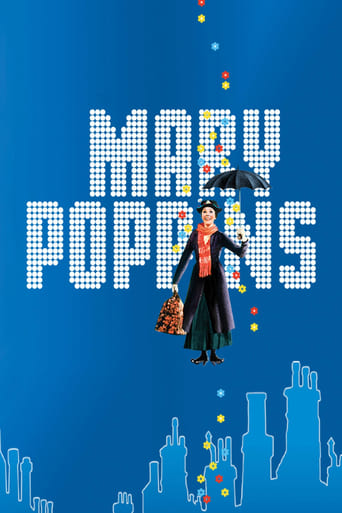
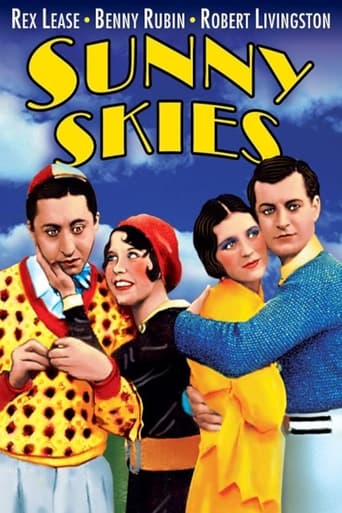

Reviews
Good fun. Not as good as their best, but better than most of their later stuff (eg At The Circus, The Big Store).
Sadly, when Groucho delivers the line there's a glint in his eye that suggests he believes it. Go West is probably the best AND worst of the final three MGM films, a movie that manages to contain both mild hilarity and extended dull patches.When Irving Thalberg brought the Marx Brothers over to MGM, the retooling of their characters was notable, but not detrimental. Although suddenly they change from pure forces of nature into more helpful characters with stricter narratives and romantic subplots, A Night At The Opera is still one of their finest films; the follow up was also worthwhile. Sadly, Thalberg's death saw this tenuous formula erode still further and their star treatment at MGM slide.Very few people suggest that their post-Day At The Races movies are up there with the rest of their work, and At The Circus, Go West and The Big Store are certainly far, far poorer movies than their work from 1929-1937. However, these are only bad Marx Brothers movies by comparison: taken as movies in their own right, they're still average, passable fare, and often brim with invention, even if only in spots. In fact, if you joined up all the funny scenes in the three movies you'd be able to get 90 minutes worth of good material out of it. The only problem is, all three films together last for 240. Go West has plenty of strong material: there's the amusing "money changing" scene at the start, some funny interplay with Groucho and a wild west bar clientèle and some overtly adult gags, such as Chico's line "She looks like she knows plenty, but not about the deed!" Then there's Groucho's explicit "I'm not in business for love, you know. I was in love once, and I got the business. But that's another story, and a very unpleasant one, too."However, there's also those dead patches. The scenes with "Red Indians" appal not because of how politically incorrect they may seem in 2012, but because they're just excruciatingly unfunny. There's also a role for the gifted Arthur Housman, though he doesn't get a single line. (That said, considering Housman showed the ability to steal away movies from Laurel and Hardy, maybe they were best only giving him reactions to a below-par Groucho). Even the enchanting/impressive/tiresomely formulaic musical numbers have an uninspired feel about them, with Chico's segue line of "I'ma so happy I'd like to play the piano!" supremely lazy on behalf of the scriptwriter.The final climactic chase may be less tedious than other similar endings in Circus and Big Store, but you're never for a minute convinced that you're watching the actual Marx Brothers, only their stunt men. Okay, all three brothers were in their fifties by the time it was released, and Groucho's hairpiece is only too obvious, but for escapades on a runaway train it compares unfavourably with the daredevil work of Buster Keaton. Sadly, Keaton himself was down on his luck and forced to work for low pay as an unscripted gag man on this movie. Fifteen years earlier Keaton had written his own "Go West"... and also directed and starred in it.In all, while a better film than its reputation, Go West can perhaps be best summed up in the words of Groucho himself: "the boys at the studio have lined up another turkey for us and there's a strong likelihood that we'll be shooting in about three or four weeks. I'm not looking forward to it but I guess it's just as well to get it over with." If you care, I take up the story of the Marx Brothers' comeback in a review of Love Happy...
Like so many comedians before them, and so many who would follow, The Marx Brothers spoof western clichés in this enjoyable late MGM feature. Not a classic Marx Brothers film along the lines of "Duck Soup" or "A Night At The Opera," but it is a definite improvement over their weak previous film "At The Circus." The film starts very well with con man Groucho getting conned by Chico and Harpo instead. Sadly, despite many good moments, the film soon descends into sentimental MGM malarkey. Discarding the zany, anarchic spirit of their Paramount features, MGM worked to tame the brothers by focusing their activities on laudable goals, like, in this case, helping a nice couple from being cheated out of valuable land. Fortunately, the final reel of this film, featuring the train chase, is hilarious. A nice effort. Well worth a look.
GO WEST (MGM, 1940), directed by Edward Buzzell, capitalizes on the recent popularity of the western genre that began in 1938-39, placing the three Marx Brothers in the old west, circa 1870, shortly before "Don Ameche's invention of the telephone." Although not in the classic western comedy sense as MY LITTLE CHICKADEE (Universal, 1940) featuring Mae West and W.C. Fields, GO WEST (no relation to the 1925 Buster Keaton silent) has something going for it. No, they didn't get to find out how the West was won, nor do the Marx Brothers get to have their frequent foil, Margaret Dumont, sporting western attire and shooting up the town like Annie Oakley. It does, however, provide some fine comical moments that would keep the Marx Brothers and their gag writers from getting lynched by theater patrons.Forward: "In 1851, Horace Greeley uttered a phrase that did much to change the history of the United States. He said, 'Go west, young man, go west.' This is a story of three men who made Horace Greeley sorry he said it." The plot revolves around the deed to worthless property of Dead Man's Gulch acquired by Dan Wilson (Tully Marshall) forty years ago from a crook named Turner. Terry (John Carroll), Turner's grandson, wants to marry Eve (Diana Lewis), Wilson's granddaughter, and in order to put an end of the Wilson-Turner feud and amend his grandfather's thievery, he requests the executive board of the New York and Western Railroad Company to link Cripple Creek to the Pacific by ways of Dead Man's Gulch so that Wilson will get $50,000 for his property. Because Wilson is in need for $10 to buy a grubstake, his helpers, the Panello brothers, Joe (Chico) and Rusty (Harpo), who have come west digging for gold, offer him the money. As security for the loan, Wilson signs over his deed to them. While at the Crystal Palace Saloon in Birch City, Rusty steals a keg of beer to quench his thirst. In order to pay for the 10 cent drink, Joe signs an I.O.U. over to "Red" Baxter (Robert Barrat), the town boss, unwittingly on the back of Wilson's deed. Baxter places the deed in his cash register so he and joint-owner John Beecher (Walter Wolfe King), who's to arrive in town, could sell it to the railroad company at their asking price. Beecher intends on buying the deed for $500 while S. Quenton Quale (Groucho), a representative and embezzler, offers $10,000. Realizing his error, Joe has Rusty retrieve the deed from Baxter's cash register, giving it to Quale for his asking price and offer the money to Wilson's granddaughter. Quale intentions on cheating the Panello brothers backfires when Baxter and Beecher join forces and cheat him instead. They get the deed, with Baxter putting it in his safe. The method of how Quale, Joe and Rusty retain the deed remains to be seen.On the musical program: "You Can't Argue With Love" by Gus Kahn and Bronislau Kaper (sung by deep-voiced June MacCloy); "The Woodpecker Song" (piano solo by Chico); "Beautiful Dreamer" by Stephen Foster (sung by Diana Lewis); "Ridin' the Range Together" by Roger Edens and Gus Kahn; (sung by John Carroll); and "From the Land of the Sky Blue Water" (harp solo on loom by Harpo on Indian reservation) by Charles Wakefield Cadman.Placing the Marx Brothers in a western setting is a welcome change of pace. Even Chico abandons his traditional pointy hat, until the latter half of the story anyway. Although amusing, the good guys vs. the bad guys over a deed was handled so much better when Laurel and Hardy did it WAY OUT WEST (1937). GO WEST is not a bad movie, but should have been better. It shows great promise with its hilarious ten minute opening at the train station where wiseacre Groucho is outsmarted by Chico and Harpo for money (Chico: $9 change please), and redeems itself from prior weakness near the finish with its 15-minute Keystone comedy type locomotive race against time as the wild bunch take over command as engineers with Groucho yelling "Timber" to acquire more wood for the steam engine. There's a great bit with Harpo hanging on between two railroad cars and slowly stretching as the coaches grow further apart. Other comic supplements, ranging from good to average, include Groucho and Chico's flirtation with Baxter's saloon gals while Harpo ("that redhead is a demon" quotes one of the floozies) in the next room searches for the stolen deed before dynamiting Baxter's safe. One scene worth noting having Groucho getting slickered by Baxter and tripped down a flight of stairs (as in A NIGHT AT THE OPERA), thus, making him the laughing stock of the town, actually takes away from his traditional character who used to make fools of the villains. Unlike their earlier MGM efforts, the romantic subplot, enacted by John Carroll and Diana Lewis, doesn't take too much time away from the brothers to make this 80 minute comedy drag. Aside from the Marx Brothers assisting a young couple in need, and showing the tender side of their nature by comforting Wilson's granddaughter after learning the outcome of her grandfather's deed, GO WEST might have misfired altogether had it not been for the aforementioned opening and closing segments. What a shame that the not-so-memorable moments prevented GO WEST from becoming the greatest western satire of all time.Distributed on video cassette in the late 1980s by Turner Home Entertainment, GO WEST, currently available on DVD, can be seen on Turner Classic Movies, so saddle up partners and have a rootin- tootin' time with those three dudes, the Marx Brothers.(***)
